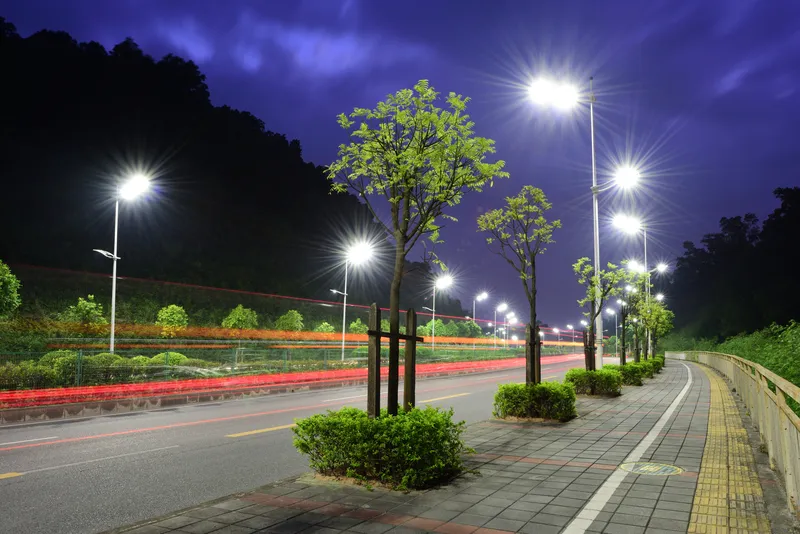Keeping the public safe in a changing world requires smart thinking and sensible deployment of technology. Peter Jones of Hitachi Europe examines some available options
From human threats, such as terrorism, to digital threats like hacking, the growing sophistication of crime is posing serious challenges to public safety. At the same time, mass urbanisation threatens to exacerbate these problems as there are more people to keep safe. According to a new whitepaper from
Easy connections
In today’s Internet of Things (IoT) era, security services have an array of technologies to use, shifting the emphasis from detection and response to prediction and prevention.
Protecting against cybercrime, maximising the benefits of artificial intelligence (AI)-enabled video surveillance and digitalising policing are three areas where smart technology is having a real impact as we fight the changing nature of crime in the 21st century.
Integrating IoT-enabled tech into city infrastructure allows us to easily connect devices and share data across them; however, it also creates a heightened security risk. As we increasingly rely on digital networks across almost all industries, it is predicted that the number, size and scale of cyberattacks will continue to increase. In response, complex analytical technology has been developed to identify threats earlier.
Hitachi Vantara’s advanced cyber-security analytics system can protect entire databases by detecting and analysing intrusions rapidly, alerting users if they need to defend their information. In certain cases, this can cut the response time from months to days.
Real-time monitoring
Surveillance technology is moving beyond being used for retrospective evidence gathering, and will instead be used for real-time monitoring. AI-enabled video intelligence, for example, can detect different personal attributes without any human input, including height, approximate age, hairstyle and clothes. It can even detect the way that people are moving. These characteristics are then turned into a numerical description, which is stored – this description can then be monitored across a network of cameras, enabling people to be tracked across whole cities.
Machine learning can be trained to recognise licence plates, detect traffic bottlenecks and analyse traffic accident scenes. This means that smart city surveillance cameras equipped with AI can monitor traffic flow, vehicles and empty parking spaces. By sending commands to connected infrastructure, such as traffic lights, smart surveillance will help to make roads safer.
Modern police forces are under more pressure than ever to protect public security, despite being faced with reduced budgets and resources.
Smart devices
The increasing use of technology such as smart phones and biometric recognition systems is allowing police officers to share real-time information with the control room back at the station, which can integrate data from different sources to create a holistic analysis of an event, place or person. Information such as 999 calls, surveillance camera footage and social media conversations can be merged and cross-referenced with data being collected by police officers from their smartphones, body-worn cameras, vehicles and drones.
Smart technology is also saving the amount of police time spent on completing arduous admin tasks: a study of eight UK police forces recently found that those who were issued with smart devices showed improved productivity levels, allowing them to spend more time on patrol which increased from an average of 37 minutes to two hours per shift. Research shows that if this was applied to all 122,000 operational police officers in the UK, the time saved could equate to an extra 8,000 police officers. This demonstrates the potential of smart technology to increase efficiencies whilst saving costs in a difficult economy.
As our world becomes more digitalised, security services are turning to smart technologies to respond to evolving challenges and threats. The future of public safety will rely increasingly on digital intelligence, smart technology and data analytics to keep our society safe.









